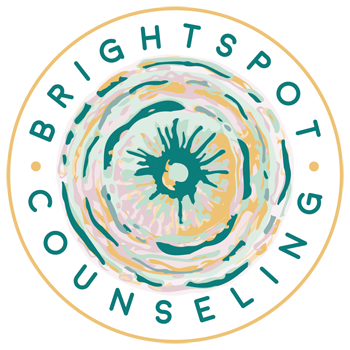These days, watching the news can feel like being in a disaster film. A global pandemic and political turmoil have inundated our feeds with headlines so dramatic that even a scriptwriter would dismiss them as over-the-top.
Most of us feel that it’s important to stay informed. But considering the overwhelmingly negative slant of news today, being knowledgeable about the world can come with a significant emotional toll.
How do we balance the need to stay informed with our mental well-being? And how can we recognize the point at which negative news becomes more than just unfortunate but downright toxic?
The Pessimist System
News bulletins used to show on only a handful of channels and at specific times. Their reporters were impassive and objective, keeping a degree of journalistic distance from their stories.
But today, consumers have the option of literally hundreds of different news sources, each of which brings us a 24-hour stream of updates. Moreover, reporters are more likely to use fearmongering that play with our emotions and keep us in suspense.
Research shows that we’re generally more sensitive to difficult emotions and remember them better. Media companies hijack this innate bias to keep us coming back for more. The system emphasizes pessimism, and news “addicts” are getting hooked on a powerful drug called negativity.
The Emotional Consequences
We know that chronic exposure to negative news can harm our mood. One study shows that even a short news bulletin could have a resounding effect on our stress and anxiety.
Besides the immediate impact on our mood, following the news can also impact how we view our own lives. In the same study mentioned earlier, after viewing disturbing news, participants were more likely to worry about their life events that they would generally not be concerned about.
These damaging influences can be severe enough to be considered secondary trauma. After frequently witnessing traumatic events second-hand, we may experience trauma symptoms, including heightened anxiety, trouble sleeping, depressive moods, feeling disempowered and hopeless, which can occur.
Coping Strategies
There are ways to counteract the negative influence of news without unplugging completely.
- Consume news mindfully. Before you tune in, ask yourself: how do I feel right now? How do I expect to feel afterwards? If you notice that tuning into the news is harming you emotionally, make some changes. Consider listening to a podcast, which typically present news in a more even-handed way, and removes visual stimuli, which can be especially distressing.
- Watch and listen purposefully. We tend to read headlines as a form of entertainment, especially when we’re scrolling on our phones. Instead, watch your news on a need-to-know basis, and stop yourself when you got the specific news you were looking for.
- Be in charge of your schedule. Allow yourself a certain amount of time during the day to watch the news and stick to your timetable.
- Practice self-care. If you feel the negative impacts of news, take some time for yourself. Helpful activities are one which involve tuning out from the rest of the world and focusing single-mindedly on a stimulating task. Playing music, reading a book, and watching a movie are all examples.
These strategies will help you stay informed while still maintaining your mental health. Remember: the news is supposed to benefit you, not harm you. Make sure they do.





